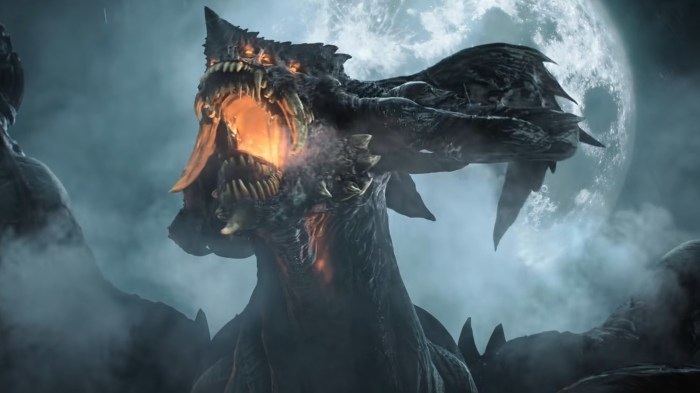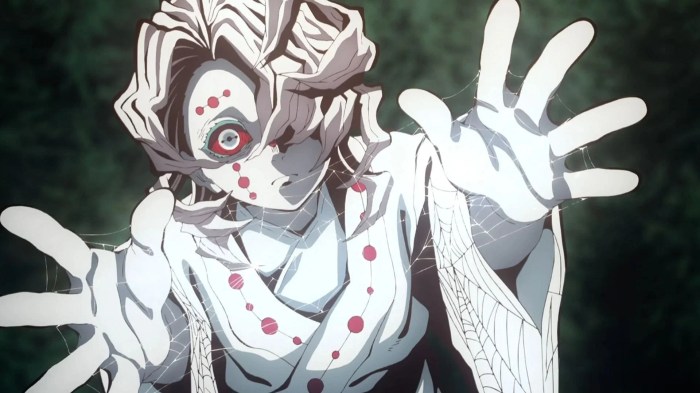Do demons have souls? This enigmatic question has captivated the human imagination for centuries, sparking countless debates and inspiring a wealth of religious, cultural, and philosophical perspectives. From the depths of ancient mythologies to the modern-day realm of psychology, the nature of demons and their potential possession of souls remains a subject of fascination and intrigue.
Throughout history, various religions and cultures have developed intricate belief systems surrounding demons, attributing to them diverse origins, powers, and relationships with the divine. In some traditions, demons are seen as fallen angels cast out of heaven, while others depict them as malevolent spirits born from chaos or darkness.
The concept of demonic possession has also played a significant role in religious rituals and spiritual practices, with exorcisms and other rites performed to liberate individuals believed to be under demonic influence.
1. Biblical Perspectives on Demons

In the Bible, demons are spiritual beings that are considered to be fallen angels or evil spirits. They are depicted as possessing the ability to influence or control human beings, leading to a variety of afflictions and misfortunes.
Examples of Demonic Possessions or Encounters in the Bible
- The demon-possessed man in the Gospel of Mark, who exhibited superhuman strength and was able to speak in foreign languages.
- The woman with a “spirit of divination” in the book of Acts, who was able to predict the future and influence others.
- The demon-possessed girl in the Gospel of Matthew, who was healed by Jesus after he rebuked the demon.
Nature of Demons and Their Relationship to God
Demons are often depicted as being in rebellion against God and seeking to oppose his will. They are described as having a hierarchical structure, with some demons being more powerful than others. In the Bible, the ultimate authority over demons is believed to reside with God, who can control or defeat them.
2. Religious and Cultural Beliefs: Do Demons Have Souls

Beliefs About Demons in Different Religions and Cultures
- Christianity:Demons are considered to be fallen angels who were cast out of heaven. They are believed to have supernatural powers and to be responsible for evil and suffering in the world.
- Islam:Demons are known as “jinn” and are believed to be created from smokeless fire. They are said to have free will and can be either good or evil.
- Buddhism:Demons are seen as one of the six realms of existence, along with humans, animals, ghosts, and gods. They are believed to be capable of causing harm or obstacles to those who cross their path.
Role of Demons in Exorcism Rituals and Spiritual Practices
In many religions and cultures, exorcism rituals are performed to expel demons from individuals who are believed to be possessed. These rituals often involve prayers, incantations, and the use of holy objects or symbols.
Concept of Demonic Possession and Its Interpretations Across Cultures, Do demons have souls
The concept of demonic possession varies across cultures. In some cultures, it is believed that demons can take complete control of an individual’s body and mind, while in others it is seen as a more subtle influence or interaction.
3. Philosophical and Theological Considerations

Philosophical Arguments for and Against the Existence of Demons
- Arguments for:Personal experiences of demonic possession, historical accounts of exorcisms, and the presence of evil in the world.
- Arguments against:Lack of scientific evidence, the possibility of psychological or cultural explanations, and the problem of distinguishing between demonic possession and mental illness.
Theological Implications of Believing in Demons
Belief in demons raises important theological questions about the nature of evil, the role of God, and the existence of a spiritual realm beyond the physical world.
Ethical Implications of Demonology
The belief in demons can have ethical implications, particularly in relation to the treatment of individuals who are believed to be possessed. It is important to approach such situations with compassion and understanding, while also recognizing the potential for harm or exploitation.
Answers to Common Questions
What is the biblical perspective on demons?
In the Bible, demons are often depicted as fallen angels who rebelled against God and were cast out of heaven. They are described as evil spirits that can possess and torment humans.
Do all religions believe in demons?
No, not all religions believe in demons. Some religions, such as Buddhism and Taoism, do not have a concept of demons in their belief systems.
Can demons possess humans?
According to some religious beliefs, demons can possess humans, causing a variety of symptoms such as mental illness, physical ailments, and supernatural abilities.
